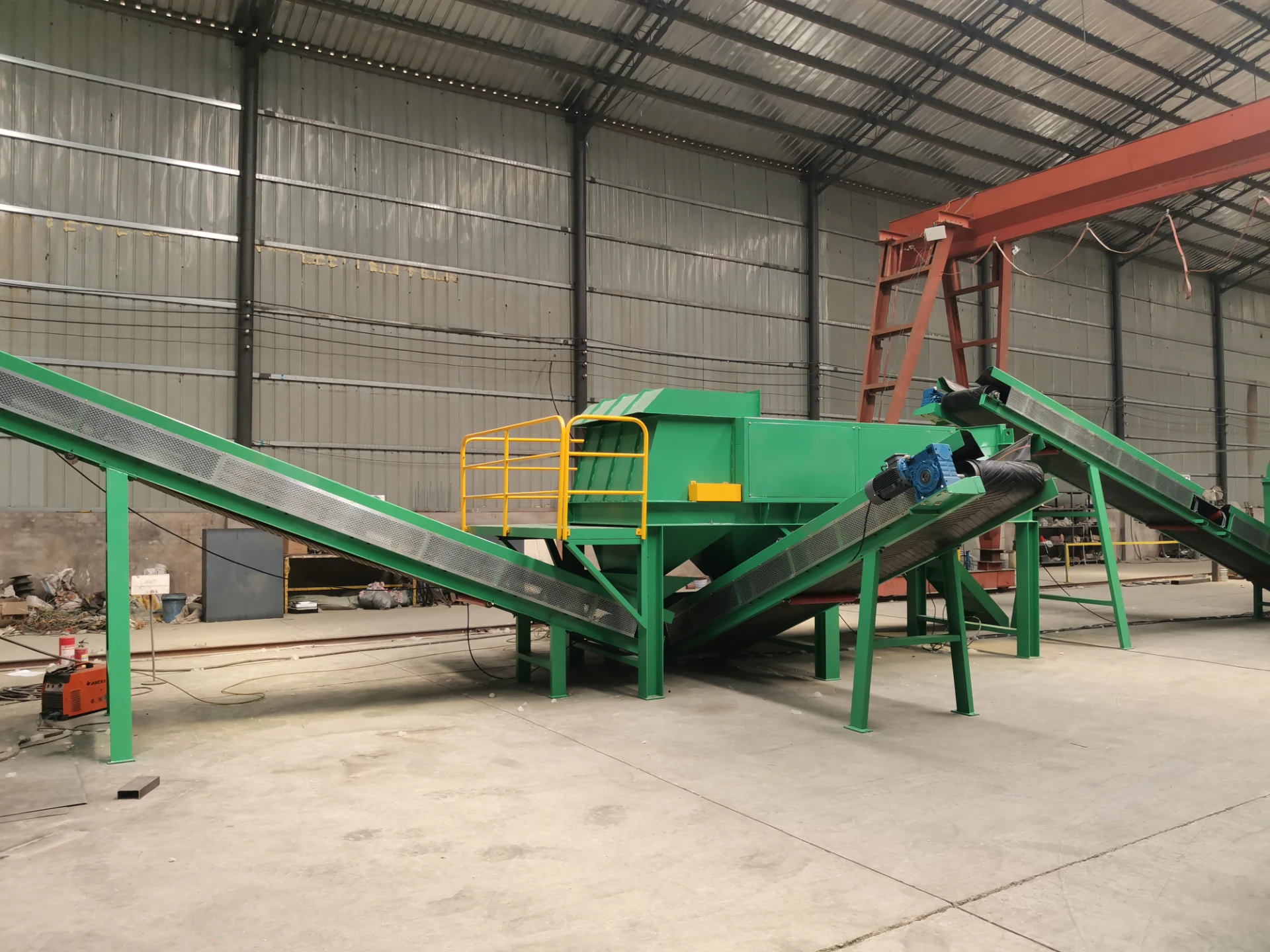

Nov . 29, 2024 17:59 Back to list
The Importance of Steel Scrap Processing Plants
In today's rapidly advancing industrial landscape, the steel industry plays a crucial role in economic development and infrastructure. However, the environmental impact of steel production has raised significant concerns. Steel scrap processing plants have emerged as a vital solution to these challenges, paving the way for a more sustainable future.
Steel scrap processing plants are facilities dedicated to recycling scrap metal, particularly steel, to reuse it in manufacturing processes. With the global population increasing and urbanization expanding, the demand for steel is at an all-time high. This heightened demand necessitates an efficient way to source raw materials, and scrap steel has become an essential component. In fact, recycled steel saves approximately 1,400 kilograms of iron ore, 740 kilograms of coal, and 120 kilograms of limestone for every ton of steel produced.
These plants operate using advanced technology to process, sort, and refine scrap metal, transforming it into reusable steel. The recycling process begins with the collection of scrap steel from various sources, including industrial waste, demolished structures, and even consumer goods. Once collected, the scrap is transported to the processing facility, where it undergoes sorting. Magnetic separators and manual sorting techniques are employed to remove impurities and non-metal materials, ensuring that only high-quality steel is processed.
After sorting, the scrap steel is shredded into smaller pieces to facilitate easier handling and melting. This shredded steel is then melted in electric arc furnaces, which use electrical energy to reach the high temperatures necessary for steel production. One of the significant advantages of this method is that it reduces carbon emissions significantly compared to traditional blast furnace methods that rely heavily on iron ore and coal.

The environmental benefits of steel scrap processing plants extend beyond carbon reduction. By recycling steel, these facilities contribute to the conservation of natural resources. Steel is one of the most recycled materials globally, with approximately 90% of scrap steel being recycled. This not only decreases the need for mining new iron ore but also reduces the energy consumption and environmental degradation associated with raw material extraction.
Moreover, steel scrap processing plants also generate economic opportunities. They create jobs in various sectors, including collection, transportation, processing, and sales. The growth of the recycling industry has the potential to stimulate local economies while promoting environmental sustainability. By investing in these plants, communities can enhance their resilience to economic fluctuations and create a circular economy where materials are continually reused rather than discarded.
In addition to these advantages, steel scrap processing plants are crucial in promoting a sustainable future. They align with global efforts to reduce waste and increase recycling rates, as outlined in initiatives like the European Union's Circular Economy Action Plan and various environmental regulations worldwide. These initiatives call for industries to shift towards more sustainable practices, underlining the importance of scrap processing as a viable solution.
In summary, steel scrap processing plants are an integral part of modern manufacturing and environmental sustainability. They not only provide a reliable source of raw materials for steel production but also contribute to significant reductions in carbon emissions and resource conservation. By enhancing recycling efforts, these facilities play a crucial role in addressing the challenges posed by climate change and resource depletion. As we move towards a more sustainable industrial future, the importance of steel scrap processing plants will only continue to grow, making them essential for both economic and environmental health. The ongoing development and support of these facilities will ensure that the steel industry can meet the demands of a modern world while safeguarding the planet for future generations.
Latest news
The Future of Metal Recycling: Revolutionizing Waste Management
NewsMay.14,2025
Optimizing Waste with Recycling Lines
NewsMay.14,2025
Municipal Solid Waste Sorting Line: Revolutionizing Waste Management
NewsMay.14,2025
Metal Shredders: Essential Tools for Efficient Recycling
NewsMay.14,2025
Maximize Your Profits with a Copper Wire Granulator
NewsMay.14,2025
Home Metal Shredder: A Smart Choice for Your Home Recycling Needs
NewsMay.14,2025